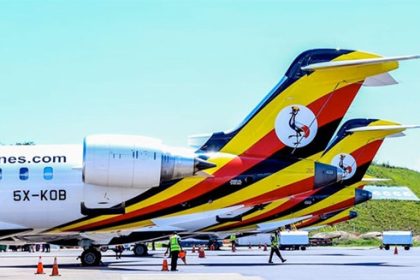IATA presses governments to unlock carbon credits for aviation offset scheme

The International Air Transport Association (IATA) and carbon market stakeholders are pressing governments to urgently authorise the release of carbon credits that airlines need to meet their obligations under the Carbon Offsetting and Reduction Scheme for International Aviation (CORSIA).
The call comes amid what IATA described as an “extremely limited” supply of CORSIA-eligible emissions units (EEUs). Without action, airlines risk falling short of compliance, while climate projects — particularly in developing countries — lose out on vital financing.
At issue are Letters of Authorisation (LoAs), formal documents governments must issue under Article 6 of the Paris Agreement to validate carbon credits for use under CORSIA. LoAs confirm that reductions are not double-counted by requiring host states to adjust their national emissions pledges. So far, only Guyana has issued LoAs, making just 15.8 million credits available — far short of the estimated 146 to 236 million units airlines will need between 2024 and 2026.
“CORSIA is a vital part of aviation’s global climate strategy. Through it, airlines mitigate their climate impact by funding verified emissions reductions in other sectors,” said Yue Huang, IATA’s Assistant Director for Climate Policy, speaking at the ICAO Assembly in Montreal. “To unlock CORSIA’s climate finance potential and ensure its contribution to aviation’s decarbonization, states must authorize the release of EEUs.”
The African Civil Aviation Commission (AFCAC) echoed that message arguing that “unlocking access to CORSIA-eligible units will enable Africa to show commitment to sustainability and shape global solutions with regional perspectives.” AFCAC Secretary-General Adefunke Adeyemi said “this is about ensuring that our economies and operators benefit fairly from the transition to a low-carbon future.”
IATA has published guidance and is running workshops to help states issue LoAs. A broad coalition of airline associations, carbon market stakeholders, and project developers — including AFRAA, ATAG, Airlines for Europe, the International Emissions Trading Association, and firms such as Burnstoves and Sistema.bio — has signed a joint statement supporting the call.
IATA warned that without urgent government action, both CORSIA’s environmental credibility and the flow of airline-backed climate finance are at risk.


 Equity Bank Uganda set to close 2025 on firmer footing as clean-up phase gives way to growth
Equity Bank Uganda set to close 2025 on firmer footing as clean-up phase gives way to growth
 Stanbic targets wider access to affordable financing with ‘Oli In Charge’ campaign
Stanbic targets wider access to affordable financing with ‘Oli In Charge’ campaign
 USA–Canada certification dispute could expose Uganda and regional airlines to regulatory risk
USA–Canada certification dispute could expose Uganda and regional airlines to regulatory risk
 Sumsub launches AI Agent Verification as Africa grapples with surge in AI-driven fraud
Sumsub launches AI Agent Verification as Africa grapples with surge in AI-driven fraud
 KPMG flags widening execution gap as tech leaders bet on AI maturity, talent and partnerships
KPMG flags widening execution gap as tech leaders bet on AI maturity, talent and partnerships
 Uganda targets 200,000 visitors for 2026 National Agricultural Show in Jinja
Uganda targets 200,000 visitors for 2026 National Agricultural Show in Jinja